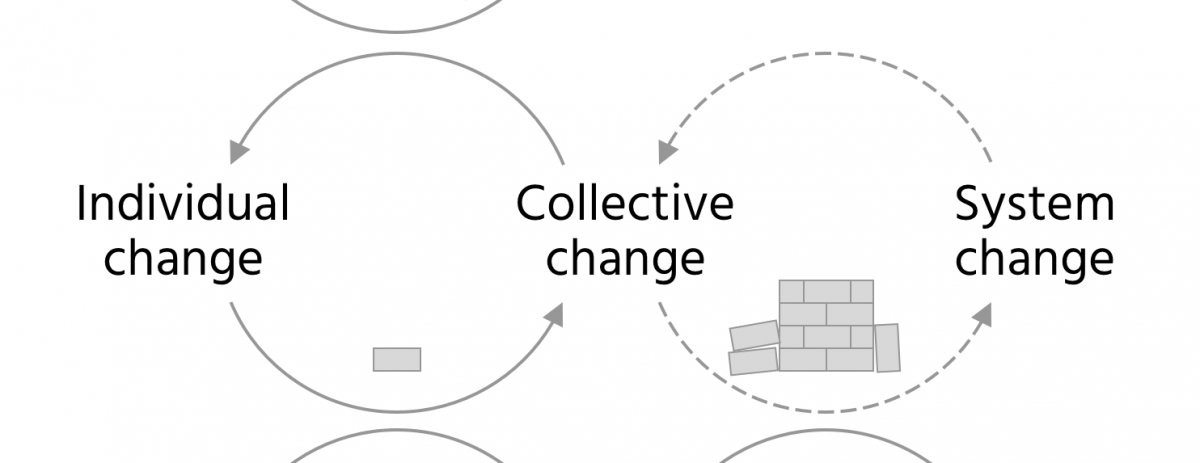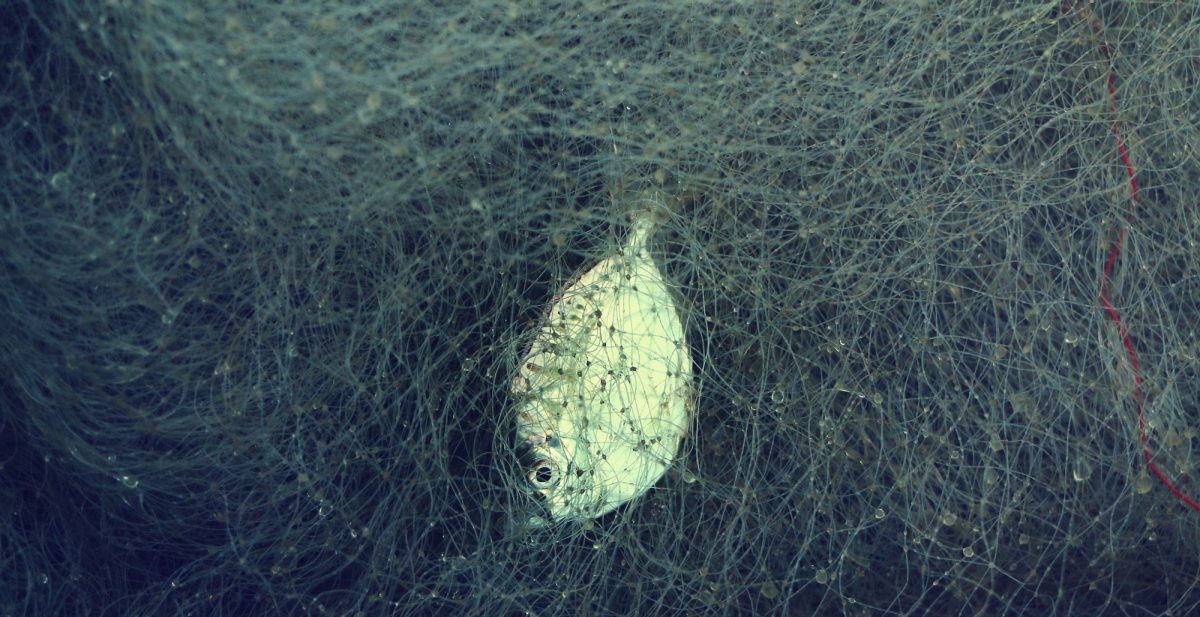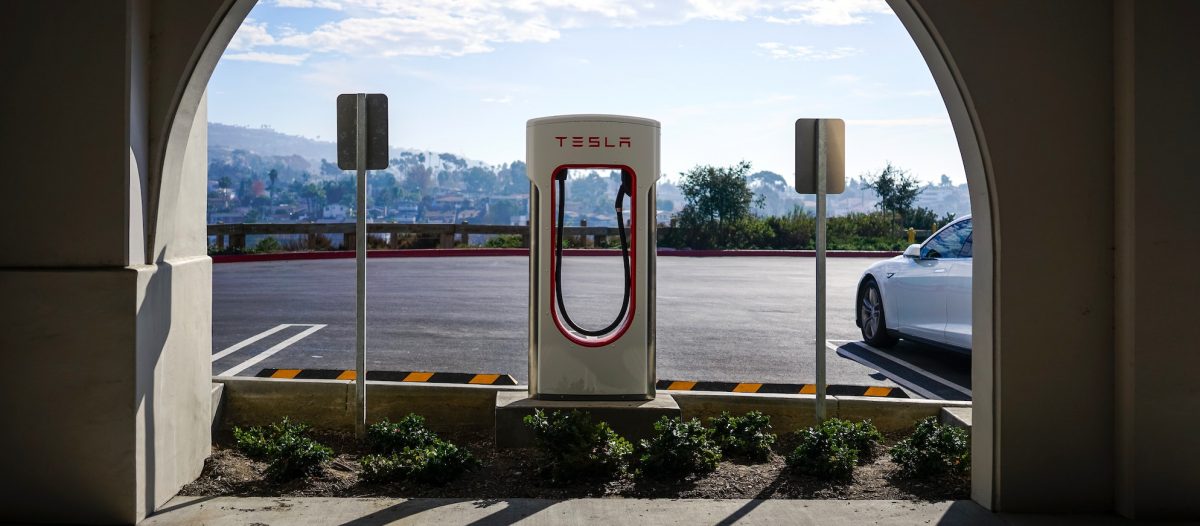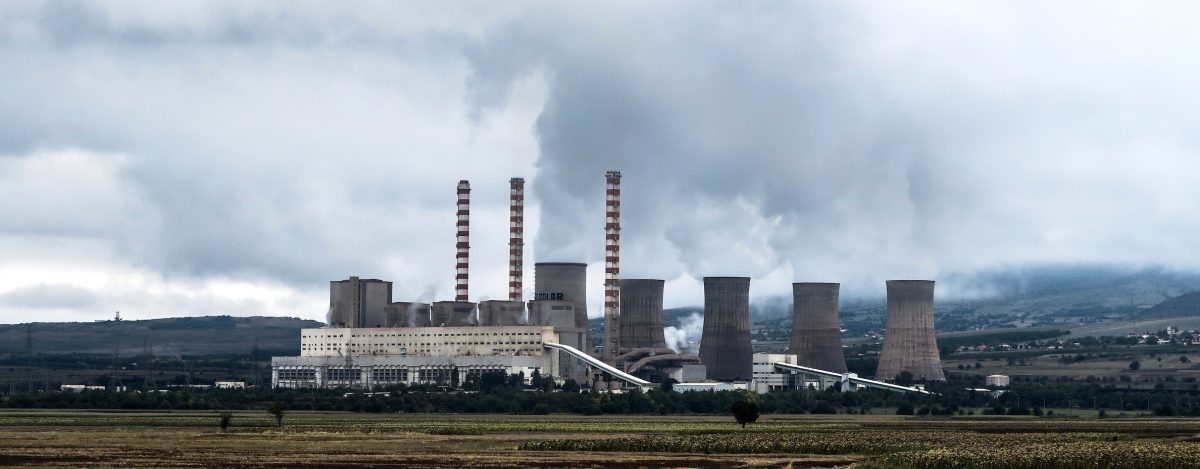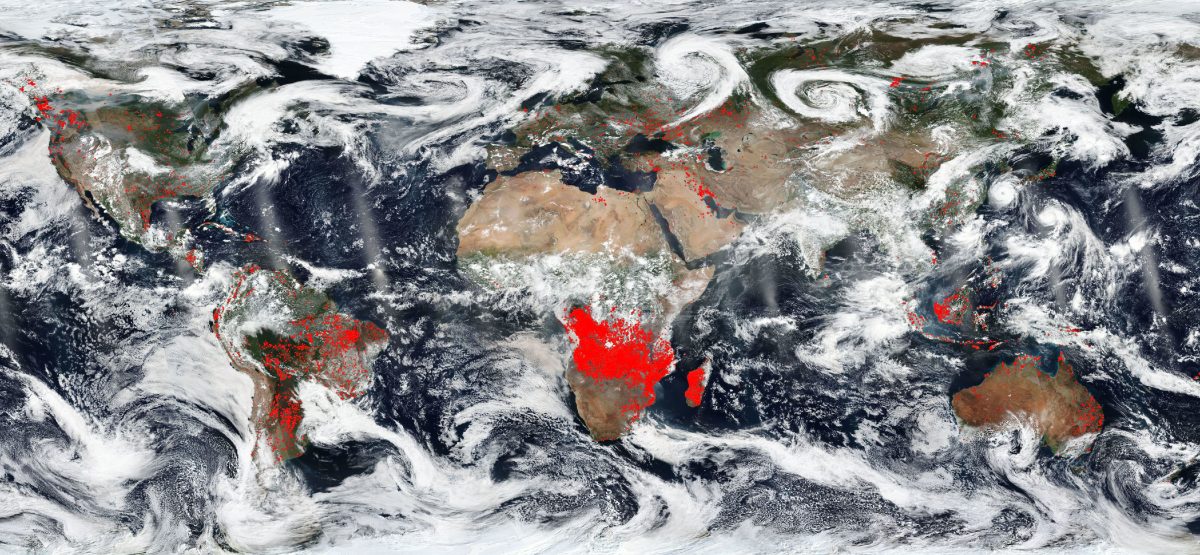The unravelling, and a ball of thread
2018 was a watershed year for public awareness of ecological and climate breakdown. I had heard about these crises many times over the years, however I never really thought about them in a focused way. Last year, I decided to start studying.
Information on climate change and biodiversity loss is like an endless ball of thread. You pull the thread and more comes out. You keep pulling, the same thing happens. Now several months in, I am still pulling that thread, and still learning. Information ever more curious, ever more serious, ever more disconcerting.
Below, I am highlighting some of the more unorthodox material that I have come across. This is not a comprehensive review but rather a few points and observations on each source, to give you an idea.
Continue reading “Exploring the fringe: Environmental breakdown vs. the System”
